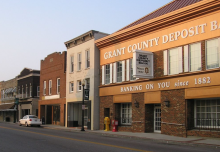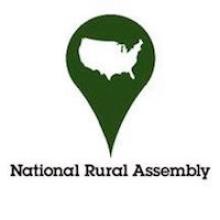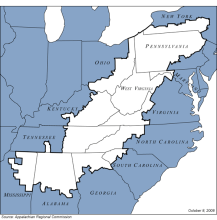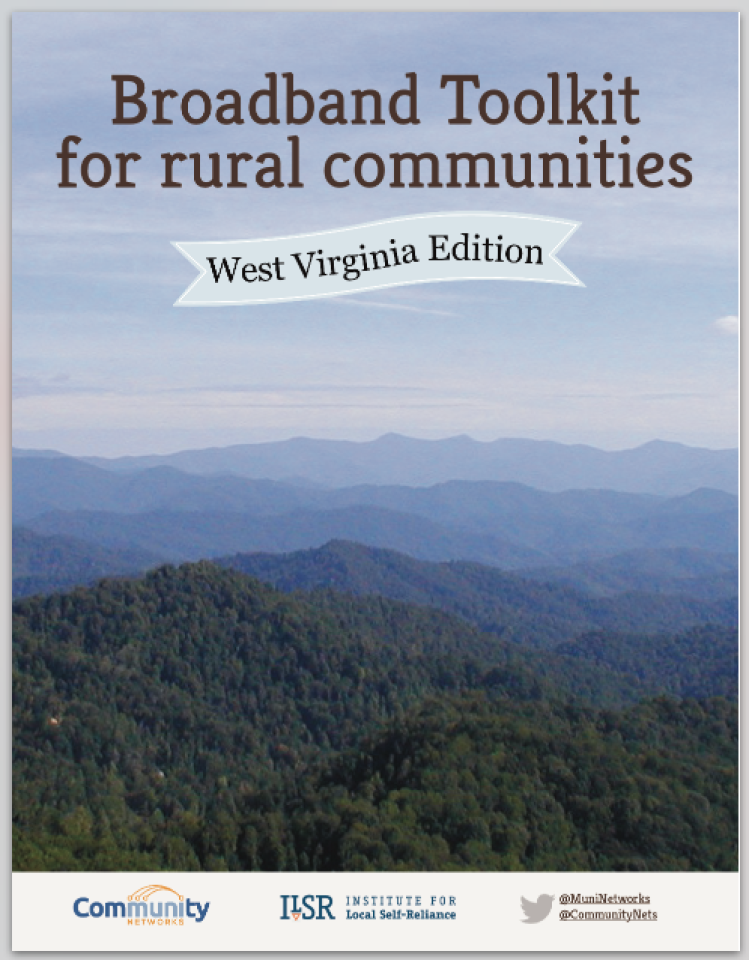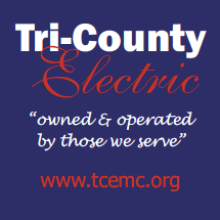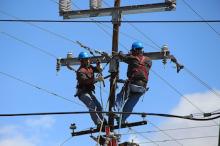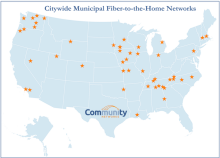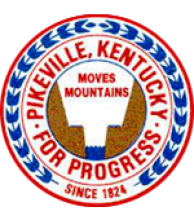The Many Networks of Williamstown, Kentucky
Among the rolling hills and mountains of Appalachia sits the small city of Williamstown, Kentucky, in central Grant County. Home to about 3,500 people, Williamstown is the center of connectivity for the county. The city’s fiber provides high-speed connectivity to local businesses, while its long-running cable network keeps folks connected in the town. Williamstown operates a small Fiber-to-the-Home (FTTH) network in the southern half of the county and offers much of the rest of the county fixed wireless service.
Williamstown Cable Center of Connectivity
Roy Osborne, the Superintendent at Williamstown Cable told us how this small town had developed so many different projects throughout the county. Within the town itself, the network is a hybrid fiber-coax (HFC) system that supports speeds from 20 Megabits per second (Mbps) to 100 Mbps download for residents and businesses alike; upload speeds vary from 2 Mbps to 10 Mbps.
For large institutions, Williamstown Cable builds fiber lines to provide reliable, fast connectivity. It serves most county facilities, such as the courthouse and detention center. It even brought a fiber connection to the theme park just outside of town -- the Ark Encounter, based on the biblical story of Noah’s Ark. Osborne recalled the high level of Internet service in the small town surprised the developers.
The community was not going to let its rural neighbors remain without connectivity. In 2007, the town started a project to bring fixed wireless service to the surrounding county. Williamstown Cable found a way to bring some of the fastest, most reliable Internet service to a small community of Corinth in southern Grant County in 2010. They used federal funding to build a Fiber-to-the-Home (FTTH) network to the 200 people in the town.
How Williamstown Built So Many Networks


